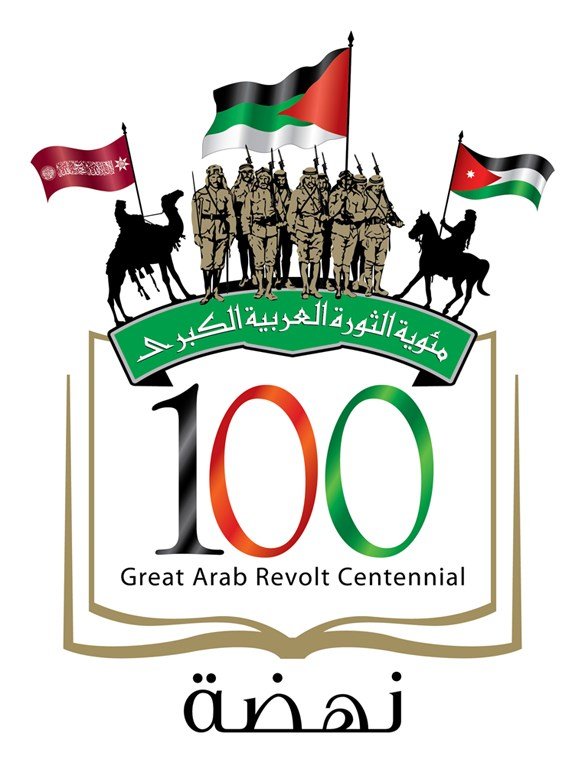Image:

09 Aug 2016
The Jordan Media Institute (JMI) has begun the implementation of a project to document the press and media legacy of the Great Arab Revolt in the Arab and Western press. The project aims at establishing a museum for the media archive of the Arab Revolt, coinciding with the Kingdom's celebrations of the Great Arab Revolt Centennial. <br />
<br />
The museum, which will be established in cooperation with the U.S. Embassy in Amman, aims at documenting media coverage of the Revolt in the U.S. media that covered the events of the Great Arab Revolt, specifically the collection of American journalist Lowell Thomas (1892-1981), which is housed with the collections of the Marist College in New York. This collection is considered one of the key media sources on the events of the Great Arab Revolt. Thomas accompanied the English officer, Lawrence, at a number of stations of the Great Arab Revolt for several weeks. He also witnessed some military operations of the Great Arab Revolt. He was like a field journalist who documented these events, using available multimedia at the time, specifically pictures, with the help of his assistant, photographer Harry Chase. <br />
<br />
Dr. Basim Tweissi, dean of JMI, said that JMI is seeking to document the press legacy of the Great Arab Revolt in the Arab press, drawing on selected Arabic-language newspapers that were published in a number of Arab capitals and providing it in the form of documented and available collections at the library of JMI. <br />
<br />
He added that the media collection of Lowell Thomas includes pictures, reports, and films that capture the adventures he witnessed with Lawrence north of the Peninsula and in Jordan. Thomas also documented many aspects of the struggle of the Arab forces for independence. He not only witnessed military operations, but also documented Arab culture, customs, and traditions. He reflected a noble image of the Jordanian human being, specifically the members of Jordanian tribes. He talked about the generosity of Odeh Abu Tayeh and described him as "Robin Hood of the Arabs." <br />
<br />
The project will culminate in the creation of a digital archive within the collections of JMI library and a nucleus of the museum of news of the Great Arab Revolt or the media museum of the Great Arab Revolt, as well as an exhibition of media materials, including pictures, press coverage, and reports. It will be displayed in Amman and then move to governorates in the north and south. Also, CDs and brochures of the most important materials that are documented will be produced. <br />



